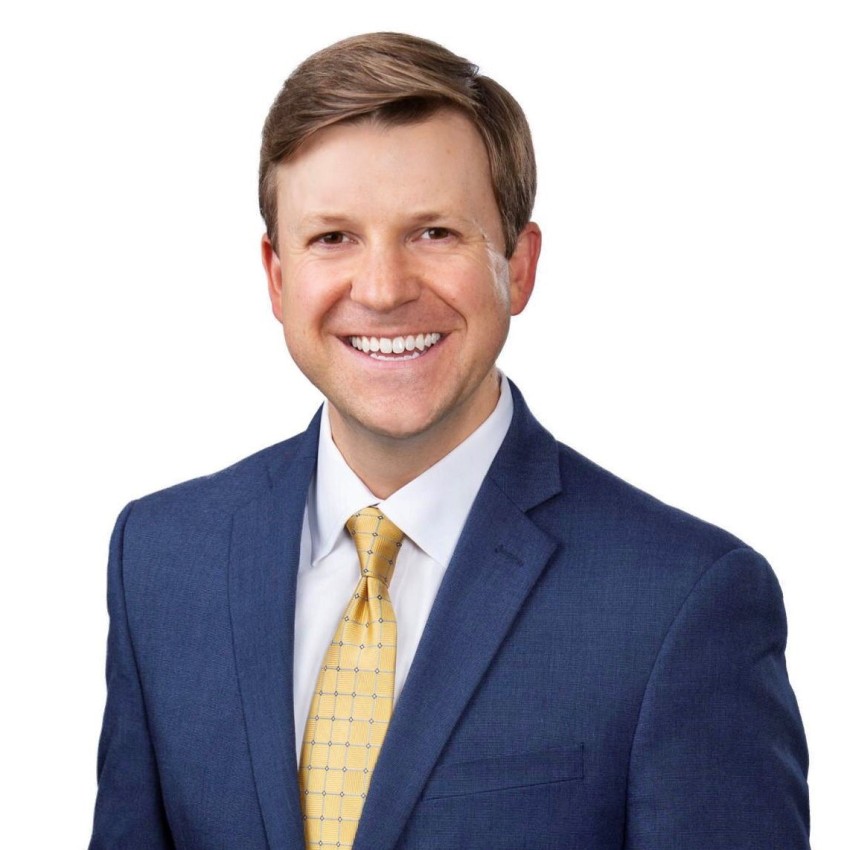Testamentary Capacity and Undue Influence: A Case Presentation Involving Cancer Metastases to the Brain

Synopsis: The testator had been the bookkeeper for the family business, and she had controlling shares in the company. She was suffering from uterine and vaginal cancer, with metastatic vaginal cancer to the brain. She was terminal, frail, and in home hospice. She had fallen to the floor and could not get up or be lifted to her bed when the new will was being made, which changed the provisions of the previous will, leaving controlling shares to the managers of the company, rather than to family members. The writer was asked to analyze testamentary capacity and undue influence under Louisiana codes, which involve a clear and convincing burden of proof for the challengers to the will (the family). The judge's findings were that she retained capacity under Louisiana law, but was subject to undue influence. Louisiana law will be compared with testamentary law in other states to highlight the differences. This case illustrates how conservative Louisiana law is regarding testamentary capacity.
Dr. Michael Chafetz is a board certified clinical neuropsychologist working in independent practice in New Orleans, LA. He has authored numerous peer-reviewed articles on neuropsychology and neuroscience topics. His book on Intellectual Disability in the forensic arena was published by Oxford University Press. This book contains information on testamentary capacity in these individuals. He has also presented original data at the American Academy of Clinical Neuropsychology on neuropsychological predictors of testamentary capacity. He has consulted with several attorneys on issues of testamentary capacity and undue influence. He has presented invited addresses at the American Psychological Association, National Academy of Neuropsychology, American Academy of Clinical Psychology, several state psychological associations, the Association of Administrative Law Judges, the Federal Administrative Law Judge Conference, Louisiana Workers’ Compensation Judges, MAPS, and various bar associations. The work being presented today derived from a case in which Dr. Chafetz testified at trial. Dr. Chafetz is delighted to be interacting with the Estate Planning Council members and is looking forward to a number of discussions about these issues.

